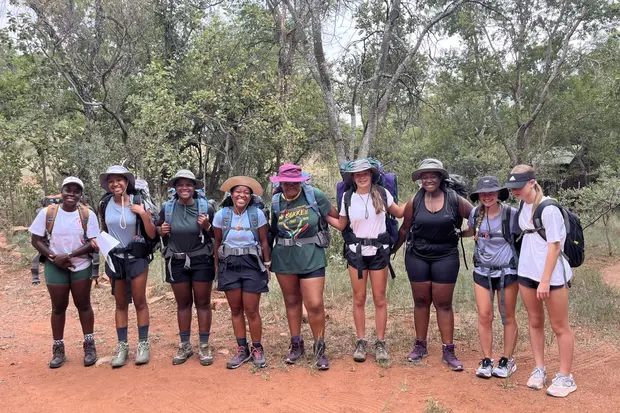National Women's Day
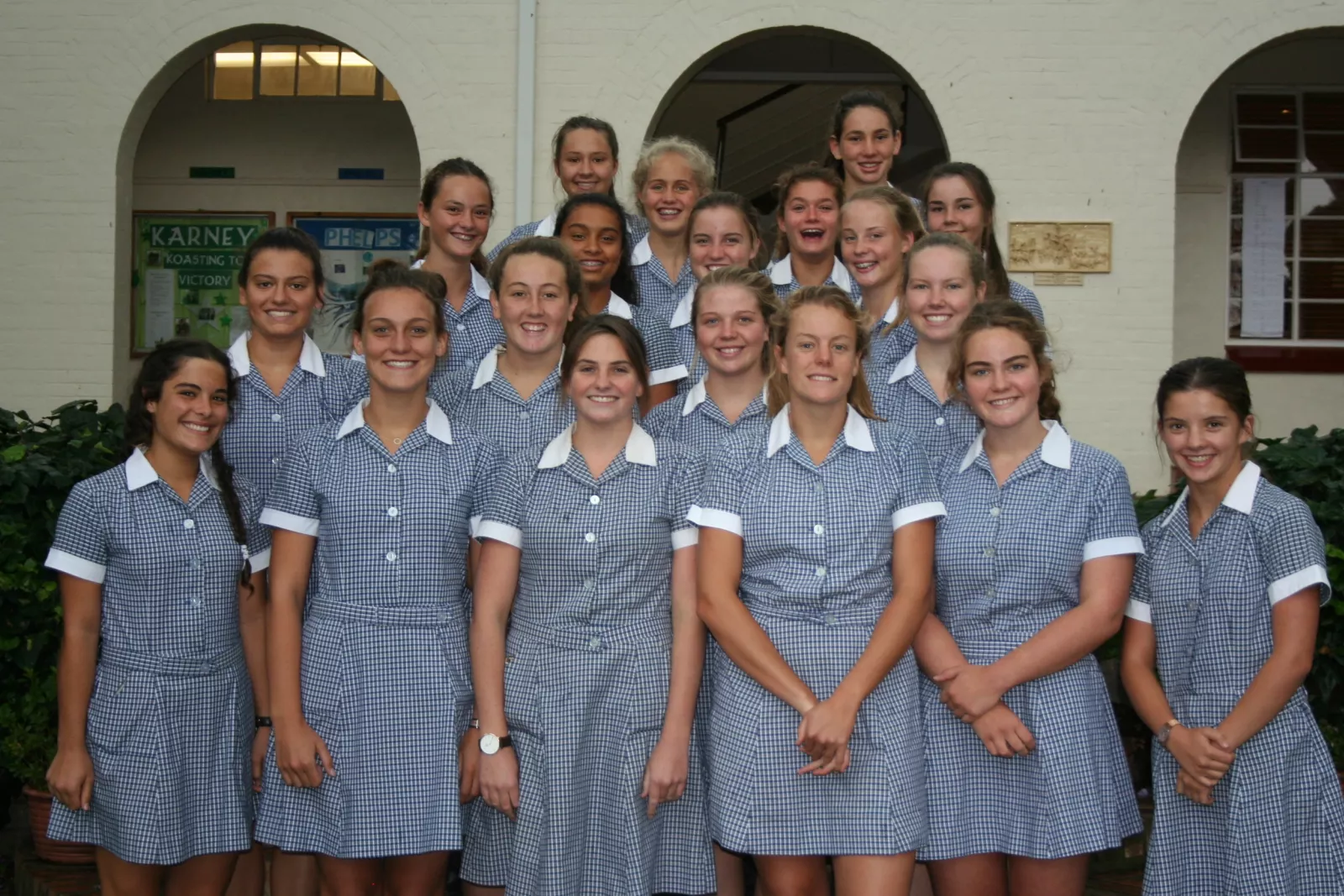
On Friday 9 August, South Africa celebrates National Women’s Day. We commemorate, specifically, the 20 000 women who marched to the Union Buildings in 1956 to demand that the then Prime Minister, J G Strijdom, abolish the Pass Laws. However, more broadly, this day should be a time to celebrate women’s achievements past and present and reflect critically on the role we play in empowering women.
As a History teacher, I find that my subject area can be too easily saturated with the achievements of men only. When we think of the great historical events, all too often it is the names of men that come to mind, it is the faces of men we recognise and it is the actions of men on which we focus. Fortunately, owing to the kind of educational institution St Mary’s is, I can counter and balance this narrative and therefore teach a more representative perspective of history, one that upholds both men and women’s contributions to society.
It is in reflecting that I think back to the Maxeke-Mgwetho Masterclass held earlier this year. On 25 May 2019, the Asinakuthula Collective in partnership with St Mary’s hosted a full day masterclass for over 85 high school pupils.
The pupils came from eight Gauteng schools, ranging from the African Leadership Academy and Pretoria Girls, to St John’s College and Ntethelelo Foundation in Alexander in order to gather a diverse set of young minds together. The masterclass was dedicated to discovering and celebrating the untold and hidden histories of South African women. Participants could choose from a variety of seminars presented by historians, researchers and experts in the field of women’s history. Such sessions included among others, Noni Jabavu’s Writing presented by acclaimed poet, Makhosazana Xaba, Searching for /Keri-/Keri presented by Christa Kuljian, Khwezi Femele’s lecture on Emma Sandile and the question of land as well as Women in Music: Stories from Sophiatown and beyond curated by Ceri Moelwyn-Hughes. The day also included a screening of the documentary film, Strike a Rock, which tells the story of women in Marikana and their struggle for justice. Each session aimed to ‘teach beyond the textbook’ and allowed students to learn about the role of women in society. Students could listen to the stories of women and by doing so, empower and validate women as agents for change and figures of power.
My hope is that this Women’s Month will remind us of our role in shaping our pupils and daughters. Let us we continuously and relentlessly empower our girls to become influential, authentic and capable women.
Alison Andrew
History Teacher
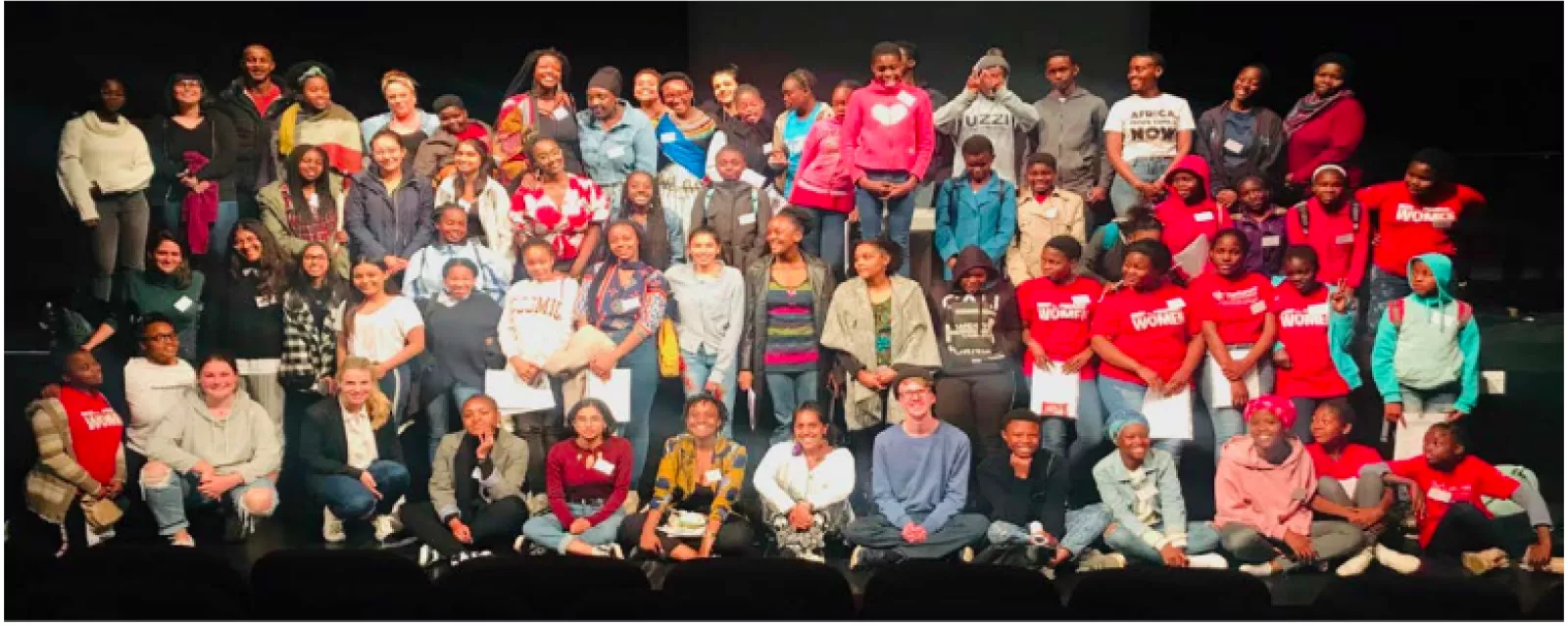
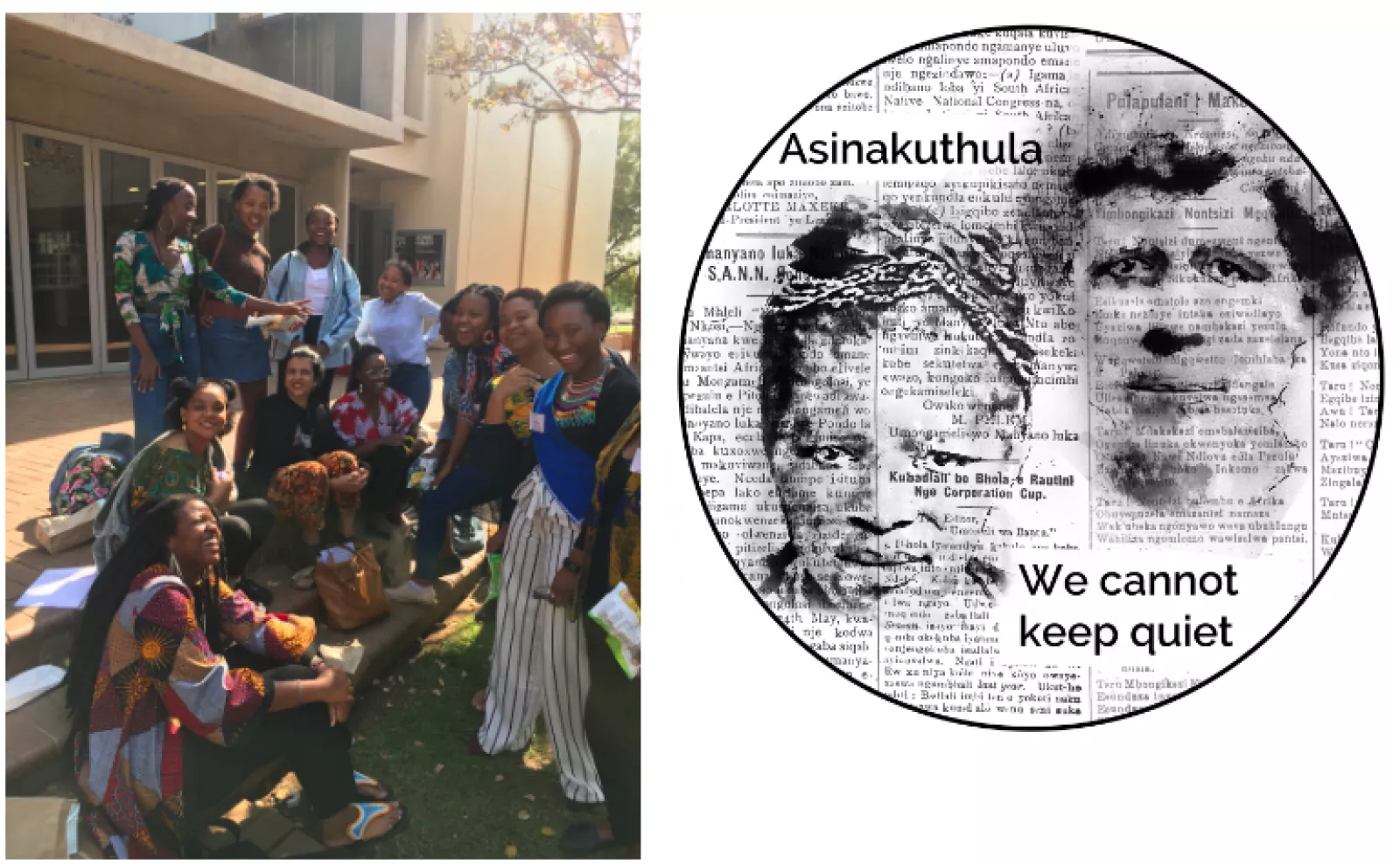
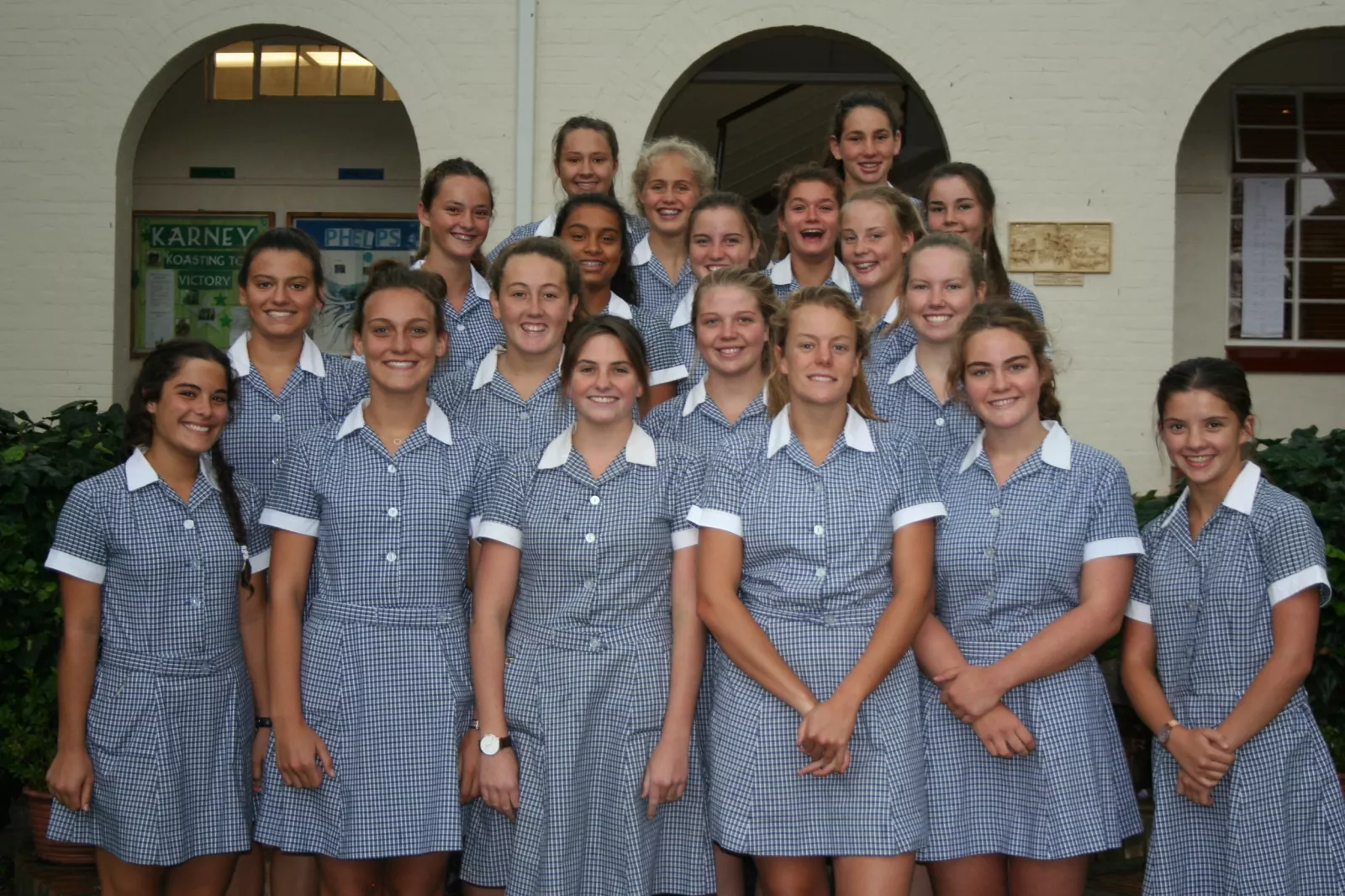
Related News
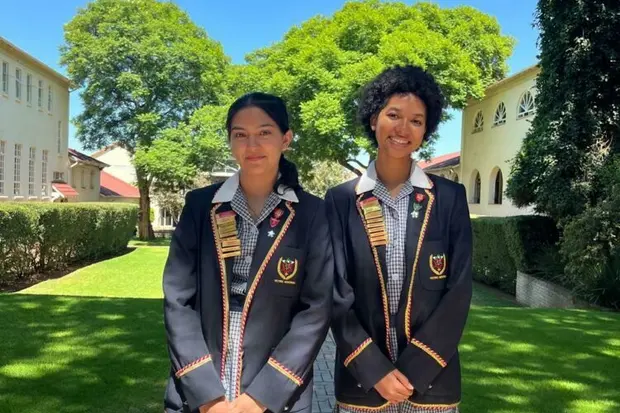
From the Senior School head's desk: 31 January 2025
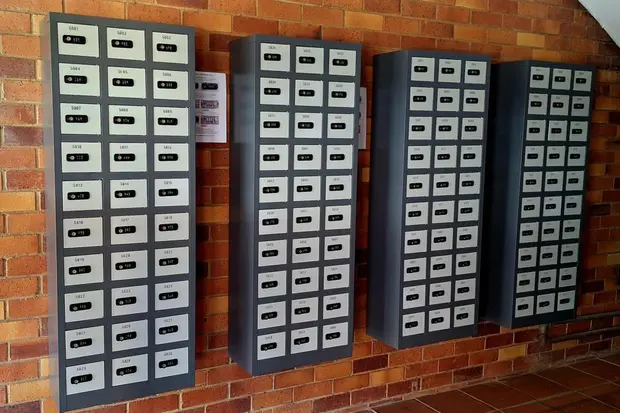
Cellphone-free academic time
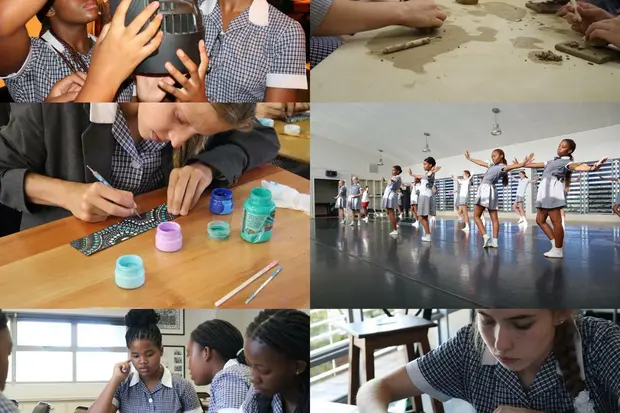
Cultural clubs
